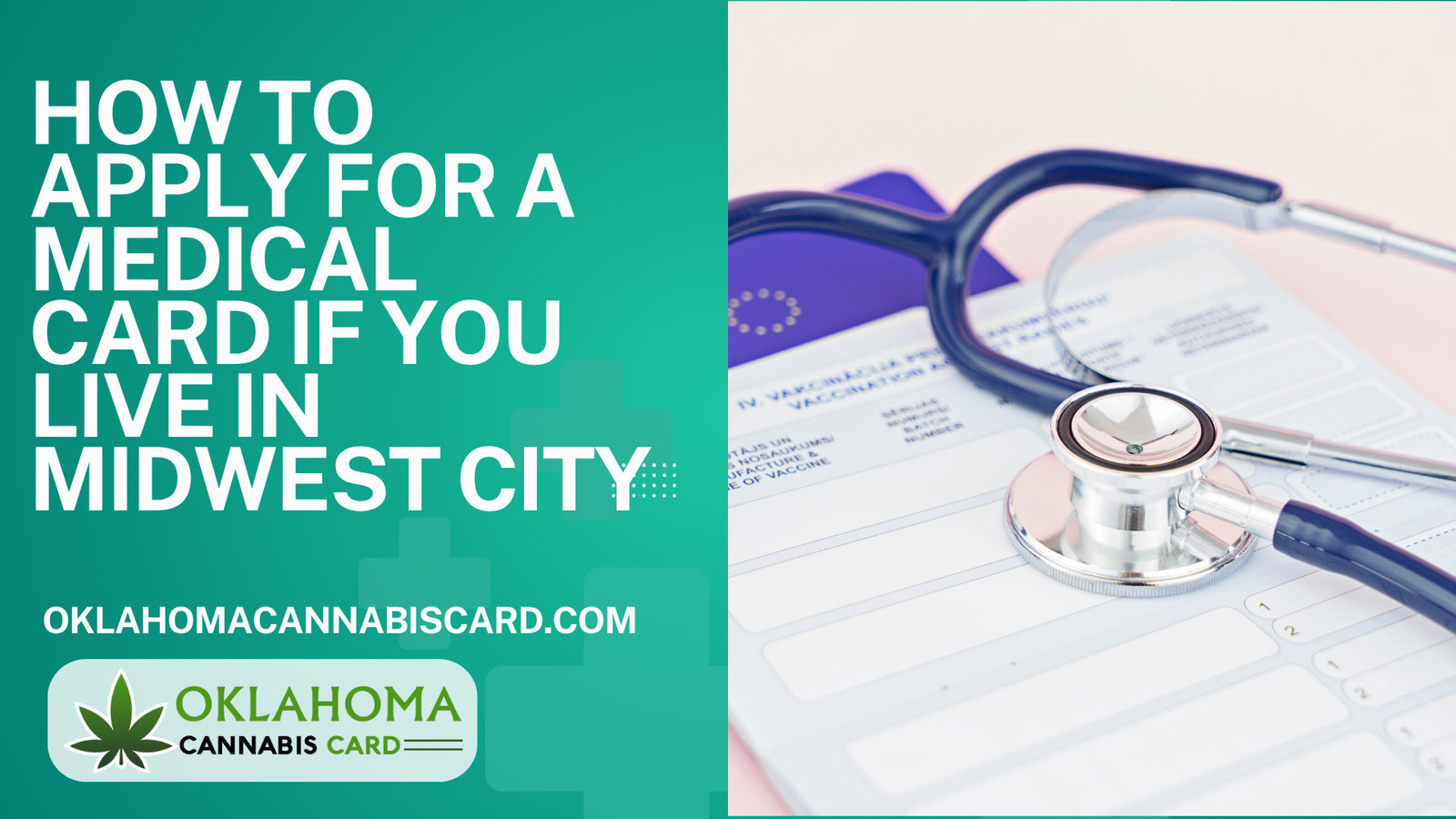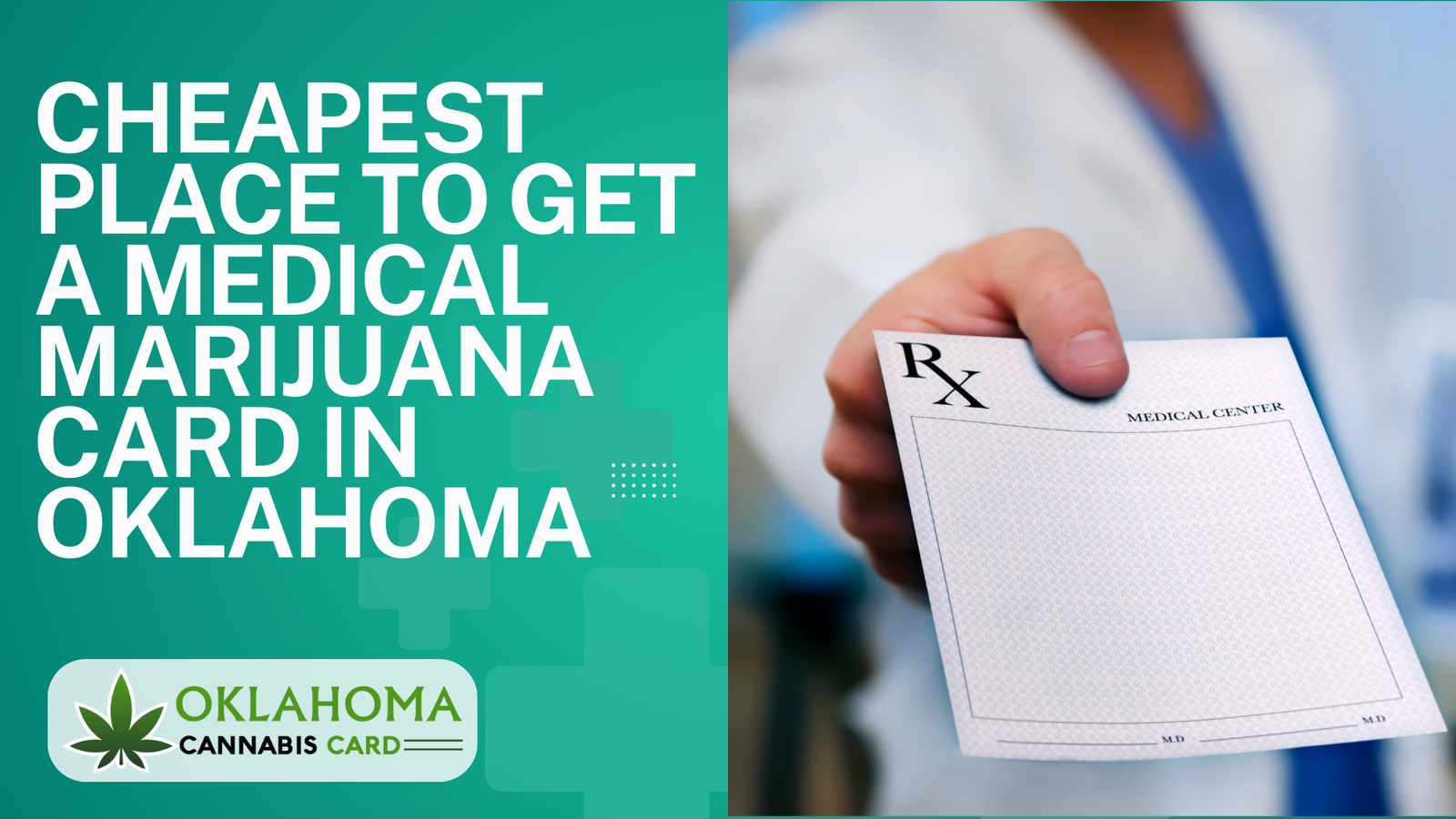
Table OF Content
- 1 Understanding Intractable Seizure Disorder
- 2 Cannabis and Intractable Seizures: The Evidence
- 3 How Cannabis May Help
- 4 Types of Cannabis Products for Intractable Seizures
- 5 Potential Benefits Beyond Seizure Control
- 6 Potential Risks and Side Effects
- 7 Legal Considerations
- 8 Accessing Cannabis Treatment
- 9 The Importance of Comprehensive Care
- 10 Conclusion
- 11 FAQs
- 11.1 1. Is cannabis effective for all types of intractable seizures?
- 11.2 2. Can children with intractable seizures use cannabis?
- 11.3 3. Will cannabis completely stop my seizures?
- 11.4 4. Can I stop my other anti-epileptic drugs if I start using cannabis?
- 11.5 5. How long does it take to see results from cannabis treatment for seizures?
Understanding Intractable Seizure Disorder
Intractable seizure disorder is diagnosed when a person has failed to become (and stay) seizure-free with adequate trials of two or more appropriately chosen and tolerated anti-epileptic drugs. This condition affects approximately 30% of people with epilepsy, leading to significant impacts on quality of life, cognitive function, and overall health.
Cannabis and Intractable Seizures: The Evidence
Research on cannabis, particularly cannabidiol (CBD), for treating intractable seizures has shown promising results:
- FDA-Approved Treatment: In 2018, the FDA approved Epidiolex, a CBD-based medication, for treating seizures associated with Lennox-Gastaut syndrome and Dravet syndrome, two severe forms of epilepsy.
- Clinical Trials: Multiple clinical trials have demonstrated significant reductions in seizure frequency with CBD treatment in patients with various forms of intractable epilepsy.
- Long-term Studies: Some long-term studies have shown sustained efficacy and safety of CBD treatment for intractable seizures over periods of up to 2 years.
How Cannabis May Help
While the exact mechanisms are still being studied, cannabis is thought to help with intractable seizures in several ways:
- Modulation of the Endocannabinoid System: CBD interacts with the body’s endocannabinoid system, which plays a role in regulating neuronal excitability.
- Anti-inflammatory Effects: CBD has potent anti-inflammatory properties, which may contribute to its anti-seizure effects.
- Neuroprotection: Some studies suggest that CBD may have neuroprotective properties, potentially helping to prevent further brain damage from seizures.
Types of Cannabis Products for Intractable Seizures
Several types of cannabis products may be beneficial for intractable seizures:
- CBD Oil: A concentrated liquid form of CBD that can be taken orally or added to food.
- CBD Capsules: Provide a consistent, pre-measured dose of CBD.
- Full-Spectrum CBD Products: Contain small amounts of THC and other cannabinoids, which may enhance the anti-seizure effects (known as the “entourage effect”).
- THC:CBD Combinations: Some patients find that a combination of THC and CBD is more effective than CBD alone, though this should be approached cautiously due to the psychoactive effects of THC.
Potential Benefits Beyond Seizure Control
Many patients and caregivers report additional benefits from cannabis treatment, including:
- Improved sleep
- Better mood and reduced anxiety
- Increased alertness and cognitive function
- Improved quality of life
Potential Risks and Side Effects
While cannabis shows promise for treating intractable seizures, it’s not without potential risks:
- Drowsiness or fatigue
- Changes in appetite
- Diarrhea
- Potential interactions with other medications
- Liver function abnormalities (usually mild and reversible)
It’s crucial to discuss these potential risks with your healthcare provider and to closely monitor any changes in seizure activity or overall health when starting cannabis treatment.
Legal Considerations
The legal status of cannabis varies by location. While many states have legalized medical marijuana, it remains illegal at the federal level in the United States. This can impact issues such as insurance coverage, travel, and employment. Always check your local laws and regulations.
Accessing Cannabis Treatment
If you’re considering cannabis for intractable seizures, here are some steps to take:
- Consult with a Neurologist: Discuss the potential benefits and risks of cannabis treatment with your neurologist or epileptologist.
- Research Local Laws: Understand the legal status of medical marijuana in your area.
- Find a Qualified Provider: Look for a healthcare provider experienced in cannabis medicine.
- Start Low and Go Slow: Begin with a low dose and gradually increase under medical supervision.
- Monitor Closely: Keep a detailed record of seizure activity and any side effects.
The Importance of Comprehensive Care
While cannabis may help manage intractable seizures, it’s not a replacement for comprehensive epilepsy care. Continue to follow your prescribed treatment plan and maintain regular check-ups with your neurologist. Cannabis should be viewed as part of a multifaceted approach to managing intractable seizures.
Conclusion
For those living with intractable seizure disorder, cannabis represents a potentially valuable tool in the management of this challenging condition. While research is ongoing, many patients have found significant relief through cannabis treatment. However, it’s crucial to approach this option under close medical supervision and as part of a comprehensive treatment plan.
Remember, every person’s experience with epilepsy is unique, and what works for one patient may not work for another. Be patient and work closely with your healthcare team as you explore this treatment option. With careful consideration and professional guidance, cannabis may offer new hope in the journey to better seizure control and improved quality of life.
FAQs
1. Is cannabis effective for all types of intractable seizures?
While cannabis has shown promise for various types of intractable seizures, its effectiveness can vary. It seems to be particularly effective for certain syndromes like Dravet and Lennox-Gastaut, but individual responses can differ.
2. Can children with intractable seizures use cannabis?
Yes, many of the studies on CBD for epilepsy have focused on pediatric patients. However, treatment should always be under strict medical supervision.
3. Will cannabis completely stop my seizures?
While some patients become seizure-free with cannabis treatment, many experience a reduction in seizure frequency rather than complete seizure freedom. The goal is often to reduce seizures and improve quality of life.
4. Can I stop my other anti-epileptic drugs if I start using cannabis?
No, you should never stop or change your prescribed medications without consulting your neurologist. Cannabis is typically used as an add-on treatment, not a replacement for standard epilepsy care.
5. How long does it take to see results from cannabis treatment for seizures?
The timeline can vary. Some patients report improvements within a few weeks, while for others it may take several months. Consistency and patience are key.






